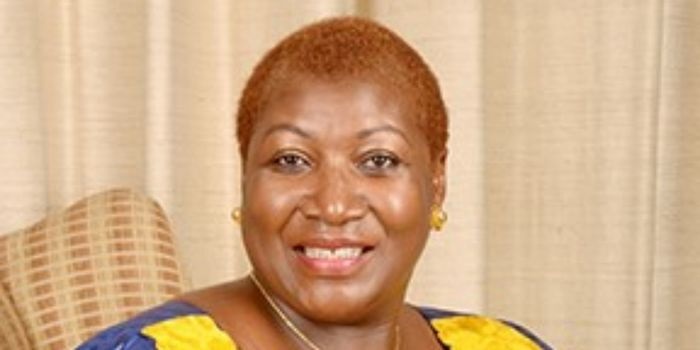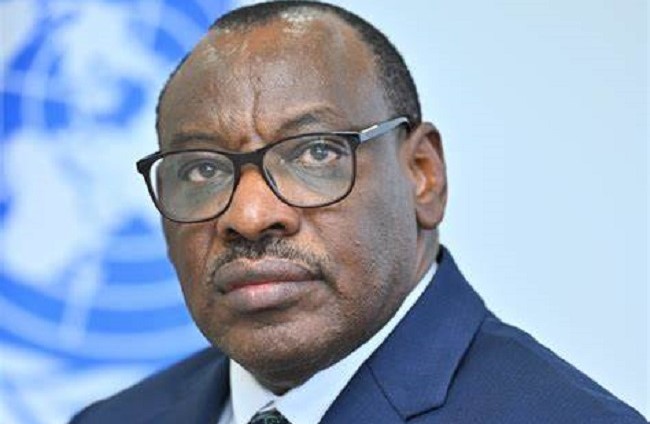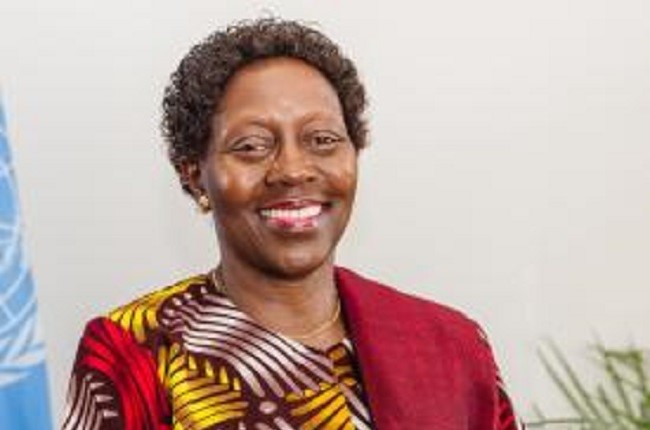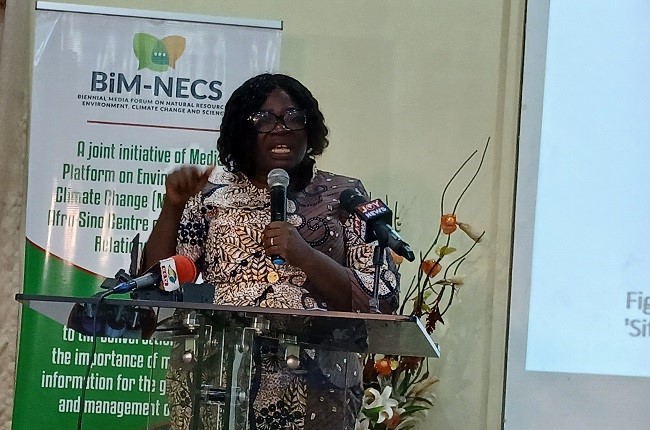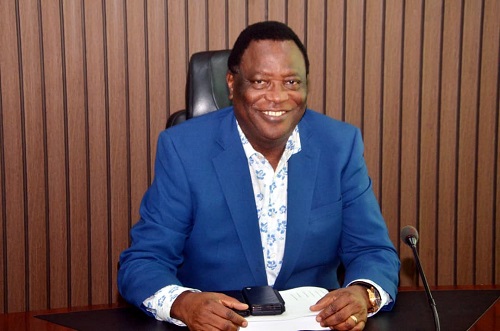Some health experts have raised alarm over the growing toll of climate-related disasters on public health, particularly on women and vulnerable communities in Nigeria.
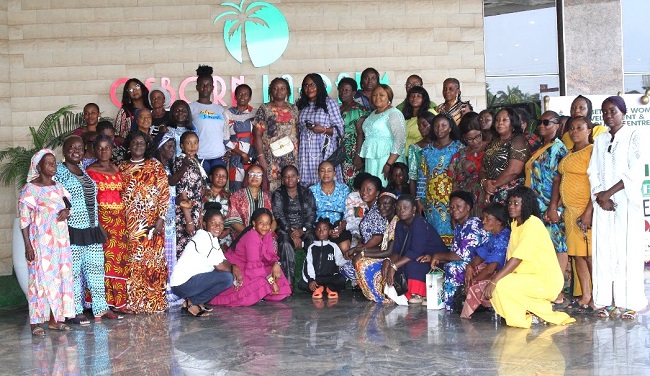
The experts called for urgent, data-driven and locally adapted responses to build climate-resilient health systems.
They made the call on Thursday, July 17, 2025, in Abuja, during a panel session with the theme, “Addressing the Effects of Climate Change on Health”.
The panel explored how Africa could build climate-resilient health systems through policy innovation, local solutions and equity-focused partnerships.
Regional Director, Pathfinder International, Dr Amina Dorayi, painted a sobering picture of how climate-induced disruptions affected women’s access to reproductive and maternal health services.
“During floods and extreme weather events, women face mobility challenges and cannot reach health facilities.
“Worse still, supply chain disruptions during crises like COVID-19 cut off access to essential maternal and family planning commodities,” she said.
Dorayi said that women’s health needs were regular and non-negotiable, saying: “Pregnancy does not pause for climate disasters.”
She said that delays or denials in access, from antenatal care to contraceptives, could have devastating long-term consequences for women’s health and well-being.
According to her, Pathfinder International, with a footprint in over 16 countries, including Nigeria, is prioritising climate-informed programming to ensure sexual and reproductive health services remained accessible during climate crises.
The director called on governments, civil society and the private sector to embed health in all climate policies, scale up early warning systems and localise interventions for real community impact.
She said that climate change disproportionately affected women, not just through disrupted access to reproductive health services, but also because women were often excluded from decision-making processes.
“The missing link is women’s leadership. Our grandmothers and mothers in rural communities have practical solutions, but they are never brought to the table when designing climate adaptation strategies,” she said.
Dorayi advocated for deliberate inclusion of women, both as beneficiaries of interventions and as co-creators of solutions, especially in efforts around solar electrification of health centres and climate-resilient community systems.
Also, Ms. Mashishi Mokgadi, a representative from Africa Access Lead at Organon, a global pharmaceutical company focused on women’s health, said that excluding women from climate-health strategies undermined their effectiveness.
Mokgadi said that the coalition was working to build advocacy and awareness around extreme climate events like flooding and heatwaves, exacerbated diseases including reproductive cancers and emerging climate-sensitive illnesses.
“If women and girls are not part of the climate conversation, how do we know what problems we are solving?
“We must use simple, locally relevant language to demystify climate change so that even grassroots communities can participate,” she said.
She urged governments and development partners to translate policy into accessible community action, ensuring that every girl and woman has a seat, both in the crowd and at the table.
Speaking on climate and health, Dr Edwin Edeh, Coordinator for Public Health and Environment at the World Health Organisation (WHO) Nigeria, declared that “health is the face of climate change”.
“Whether it is in Makoko, Lagos, or Mapalo in Malawi, the impact of climate change ultimately shows up at the health facility
“It is time we stop seeing health as just a victim of climate change and start recognising it as part of the solution,” he said.
Edeh said that the health sector must be placed at the centre of climate action.
He said that WHO and the Federal Ministry of Health had conducted a nationwide assessment showing that 21 per cent of Nigeria’s national disease burden was linked to climate change.
According to him, this translates to one in five Nigerian deaths in the next five years, but preventable if climate risks are adequately addressed.
He stressed the need for high-level political commitment, the generation of local evidence, and integration of climate strategies into Nigeria’s health system.
He said that those could be done through a National Health Adaptation Plan developed using WHO’s climate-resilient health system framework.
“We have piloted solar-powered health facilities that now save over five litres of fuel daily and have reduced over 44,000 kg of greenhouse gas emissions,” he said.
The coordinator said that Nigeria had also commenced training a climate-smart health workforce.
He said that beyond infrastructure and emissions, the human cost, especially for women, was significant.
“Climate resilience must be built with the people, not just for the people.
“Without engaging communities, plans will fail. Data and innovation must meet the realities on the ground,” Edeh said.
Dr Morires Atiko, Chief Executive Officer (CEO) of the African Business Coalition for Health, spotlighted the critical role of the private sector in climate and health financing.
“The private sector must go beyond corporate social responsibility and fully embed sustainability into business reporting.
“Right now, climate activities are buried in social reporting and disconnected from health,” she said.
Atiko called for greater awareness and direct linkage between climate change and health impacts, urging businesses to align their operations with environmental responsibility.
She said that it included measuring carbon footprints, shifting to eco-friendly production and transportation, and investing in climate-resilient health systems.
The CEO stressed the need for multi-sector partnerships, including innovation hubs, policy think-tanks and financial institutions to co-create sustainable solutions.
“Health is everybody’s business, and so is climate change. If we continue to work in silos, we will all lose,” she said.
As the climate crisis deepens, Nigeria faces the choices of adapting its health systems now or bearing the rising cost in lives and livelihoods.
By Abujah Racheal




